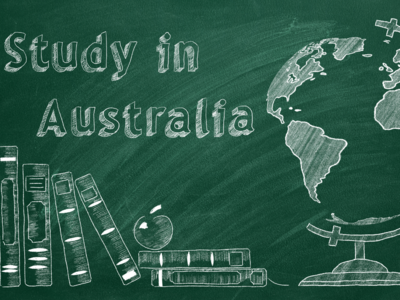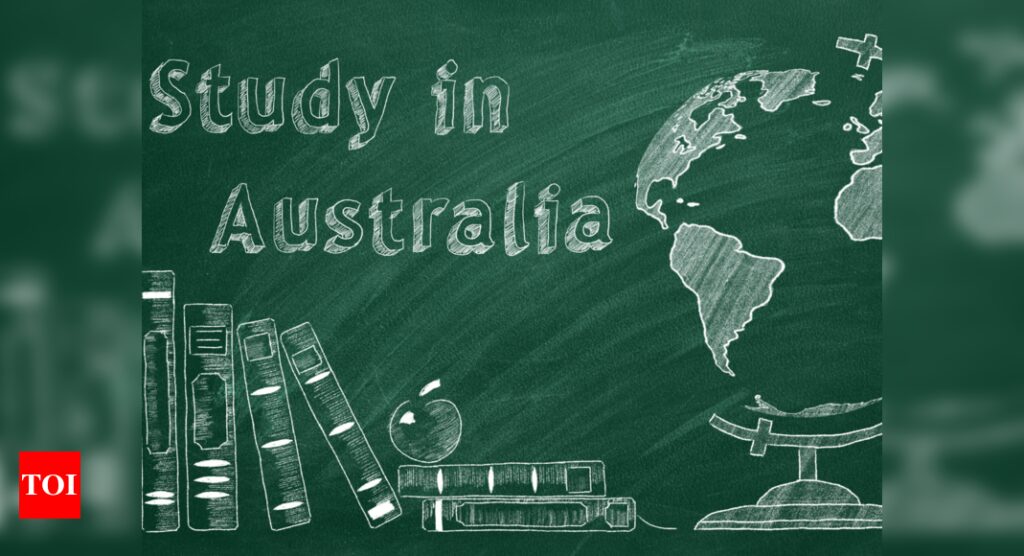
Beginning today on October 1, 2024, Australia officially launched its annual allocation of up to 1,000 Work and Holiday visas for Indian citizens, as part of the India-Australia Economic Cooperation and Trade Agreement (AI-ECTA). This significant move follows the AI-ECTA coming into effect way back in December 2022.
Commerce and Industry Minister Piyush Goyal, during his three-day visit to Australia, lauded the initiative as a key step in fostering greater mobility and deepening the people-to-people connections between India and Australia.
What is AI-ECTA about?
The AI-ECTA is a comprehensive trade agreement aimed at enhancing economic ties between India and Australia. Its primary goal is to provide Australian businesses with greater access to the Indian market by eliminating tariffs on certain exports and vice versa. The agreement also facilitates improved trade relations, with both countries working towards a bilateral trade target of AUD 100 billion by 2030.
Under AI-ECTA, both countries have committed to promoting youth mobility and increasing cultural exchanges. A key aspect of this initiative is the launch of the Work and Holiday visa for Indian citizens, which allows young Indians to travel, work, and study in Australia for up to a year.
Work and holiday visa details
As part of the AI-ECTA, Australia will grant up to 1,000 multiple-entry Work and Holiday visas (subclass 462) to eligible Indian citizens annually. This visa is designed for young adults who want to combine holiday travel with temporary work opportunities in Australia. The visa is valid for a temporary stay of up to 12 months, during which visa holders can travel freely within Australia and engage in various employment and educational activities.
Eligibility criteria for Indian applicants
The Work and Holiday visa under the AI-ECTA comes with specific eligibility requirements that applicants must meet. As per the official policy letter, Indian citizens who wish to apply must fulfil the following conditions:
Valid Indian Passport: Applicants must possess a valid Indian passport at the time of application.
Age Requirements: Applicants must be between the ages of 18 and 30, and they must not have turned 31 at the time of application.
Outside Australia: Applicants should be outside Australia both when applying for the visa and when it is granted.
Visa Application Charge: Payment of the Visa Application Charge (VAC) is mandatory.
Holiday Intentions: The primary purpose of the visit should be holidaying in Australia, with the option to engage in temporary work.
Onward Travel: Applicants must either have an onward travel ticket or sufficient funds to purchase one.
Sufficient Funds: Applicants should demonstrate that they have enough funds for personal support during their stay and for departure from Australia.
Health and Character Requirements: Applicants must meet Australian health and character standards.
Education: Applicants should have completed at least two years of post-secondary education.
English Proficiency: A functional level of English is required, which will be assessed as part of the application process.
No Prior Participation: Applicants must not have previously participated in Australia’s Work and Holiday or Working Holiday visa programs.
No Accompanying Children: Applicants are not allowed to be accompanied by dependent children during their stay.
Benefits and opportunities for visa holders
The Work and Holiday visa (subclass 462) offers a range of benefits for Indian citizens who meet the eligibility criteria. Visa holders will have the flexibility in the following aspects-
Enter and Exit Australia Freely: Visa holders can make their first entry into Australia within 12 months of the visa grant and may leave and re-enter Australia multiple times during the 12-month stay.
Work Opportunities: They can undertake paid or unpaid employment, with a maximum period of six months with any single employer.
Study Opportunities: Visa holders can engage in study or training programs for up to four months.
Specified Work for Further Visas: Completing certain prescribed periods of work may allow visa holders to apply for a second or third Work and Holiday visa.
Expansion of cooperation beyond AI-ECTA
Both India and Australia are already in discussions to expand the scope of AI-ECTA into a Comprehensive Economic Cooperation Agreement (CECA). This expanded agreement would further enhance economic collaboration and streamline professional services like architecture, engineering, and accountancy between the two countries. This framework aims to simplify licensing, registration, and qualification recognition for professionals, making it easier for them to work across borders while maintaining domestic standards.
How does this help students and professionals aspiring to work and study in Australia?
For Indian students and professionals, the Work and Holiday visa offers immense benefits. Indian graduates in STEM fields, in particular, will find new opportunities to work and study in Australia after completing their degrees. With Australia committing to providing extended post-study work rights under the free trade agreement, allowing STEM graduates with first-class honours to stay an additional year in the country.


